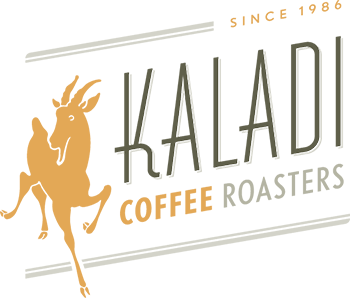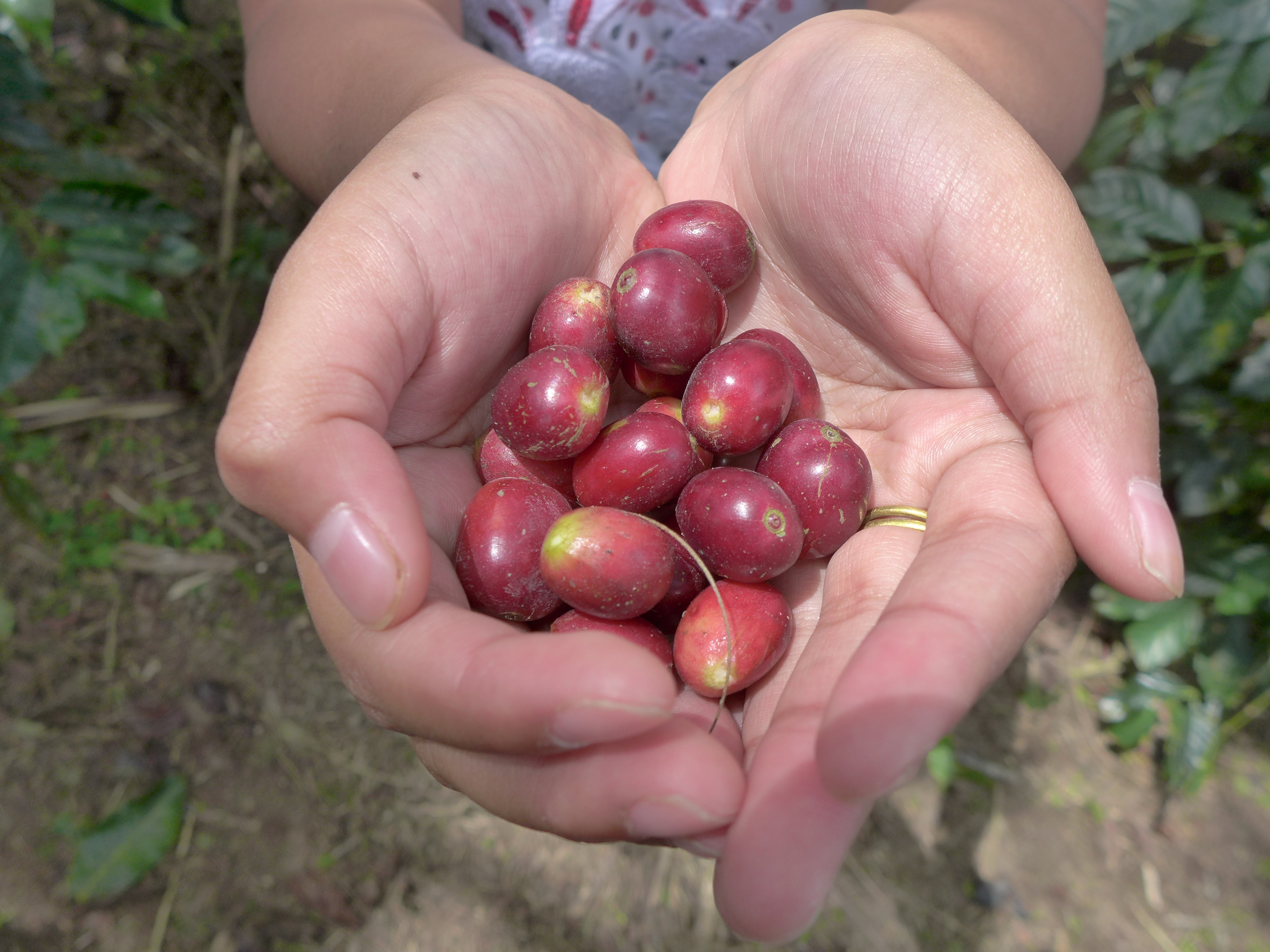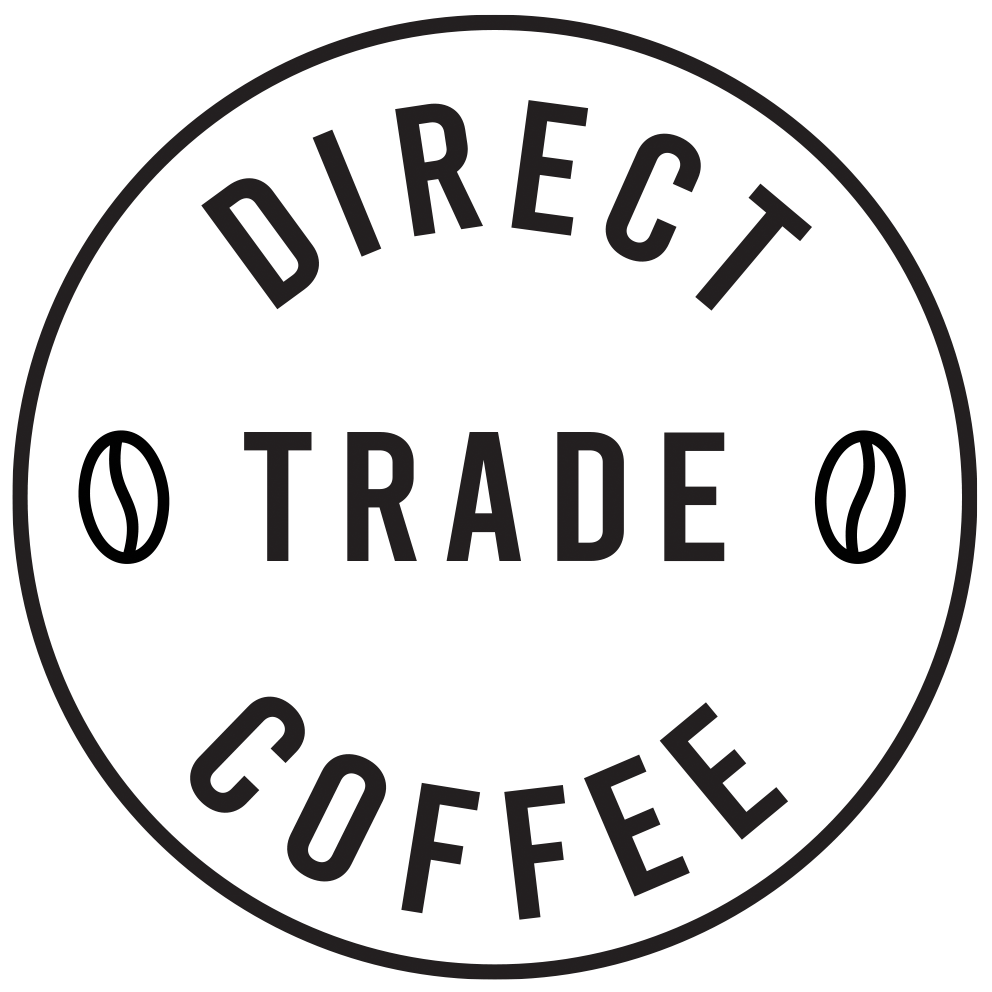Some years ago, in response to the increasing use of artificial ingredients in food products, a few companies began labeling their products as ‘all natural’ to differentiate themselves from their competitors. Consumers, wary of the artificial ingredients that had become pervasive in their food, responded enthusiastically to the new labeling. But the label carried no established criteria to define the term, and other less scrupulous brands started to use it. Without any definitive criteria, there could be no accountability to verify a brand’s claim that its product was “all natural” – as a result the term has since lost all credibility and is devoid of meaning.
Fair Trade is another term to which consumers have responded enthusiastically.The Fair Trade movement is a response to the injustices that have occurred in exploitative trading arrangements – associated with so-called Free Trade agreements – since colonial times. The Fair Trade Certified label is governed by an international body (Fairtrade Labeling Organization or FLO). FairTrade America is the organization that controls the use of the FairTrade Certified label in the United States. Users of the label are bound by contractual agreement to hold to an agreed set of principles. The FairTrade Certified label ensures far more than simply paying extra money for the product; it addresses a host of other social justice issues, including:
- Fair price: Democratically organized farmer groups receive a guaranteed minimum floor price and an additional premium for certified organic products. Farmer organizations are also eligible for pre-harvest credit.
- Fair labor conditions: Workers on Fair Trade farms enjoy freedom of association, safe working conditions and living wages. Forced child labor is strictly prohibited.
- Direct trade: Importers purchase from FairTrade producer groups as directly as possible, eliminating unnecessary middlemen and empowering farmers to develop the capacity necessary to compete in the global marketplace.
- Democratic and transparent organizations: Fair Trade farmers and farm workers decide democratically how to invest FairTrade revenues.
- Community development: Fair Trade farmers and farm workers invest Fair Trade premiums in social and business development projects like scholarship programs, quality improvement trainings, and organic certification.
- Environmental sustainability: Harmful agrochemicals and GMOs are strictly prohibited in favor of environmentally sustainable methods that protect farmers’ health and preserve valuable ecosystems for future generations.
The most critical component of the FairTrade Certified label is third party verification. Having an independent inspector evaluate the claims ensures credibility of all parties involved and guarantees that the claims made by the user of the label can be backed up. All producers within the FairTrade Certified organization are verified by an independent, international certification agency, FLO-CERT GmbH.
Third-party verification is extremely important to confirming the validity of a Fairtrade product. But with the success of the FairTrade Certified label, copycat labels were bound to appear. A few nationally recognized coffee roasters have created their own ‘Direct Trade’ label to call attention to their products. In a competitive marketplace, companies wish to highlight themselves; the creation of DirectTrade labels designed to look like FairTrade Certified labels are misleading and ultimately dangerous to consumers. These companies will often make the claim that they pay “better than Fair Trade” for their coffee. It’s important to remember that Fair Trade sets a minimum price, not a ceiling. Prices for the coffee are subject to quality arrangements negotiated by the two parties. Saying that you pay more than Fair Trade is akin to saying you pay better than minimum wage.
As noted above, Direct Trade is only one of several criteria that make up the Fair Trade Certified Label, but DirectTrade alone is not a panacea. DirectTrade, like Free Trade, is neither defined nor verified. It lacks accountability and is meaningless on its own.Without third-party verification, any claims made by DirectTrade labels lack credibility. The companies using this term may be well intentioned, but creating look-alike labels opens the door to less scrupulous users. Large commercial roasting firms such as Nestle, Maxwell House and Folgers are all “Direct Trade” – which doesn’t make their coffee sourcing any more ethical. Without verifiable criteria, Direct Trade arrangements that exploit farmers can be dressed up as something they are not. Simply claiming transparency does not constitute fair and equitable trade; it doesn’t address the associated worker and environmental issues, and the claim is ultimately not verifiable.
Since it only applies to small farmer cooperatives, a common critique of Fair Trade is that “it is a one size fits all approach” to inequitable trading. But the narrow definition of Fair Trade producing partners is purposeful, since it is this group that is the most exploited in global trade. Large estates and export firms have much greater representation in trading arrangements and are on a more even footing with global commerce. Fairtrade is not a one size approach – it is specifically designed to support the most vulnerable. Cooperative Associations strengthen and empower local communities, supports democratic organizations, and gives a stronger voice to traditionally marginalized populations.
In addition to Fair Trade, Kaladi has entered into Direct Trade arrangements with some of our producing partners. We’ve visited these farms and are satisfied they are treating their workers and environment in a just and equitable manner and deserve to be promoted on their own merit. That said, while though those farms are certainly representative of our values, it would be disingenuous of us to create look-alike labels to promote that relationship.
For more information on this interesting topic, please visit: www.fairtradeamerica.org



